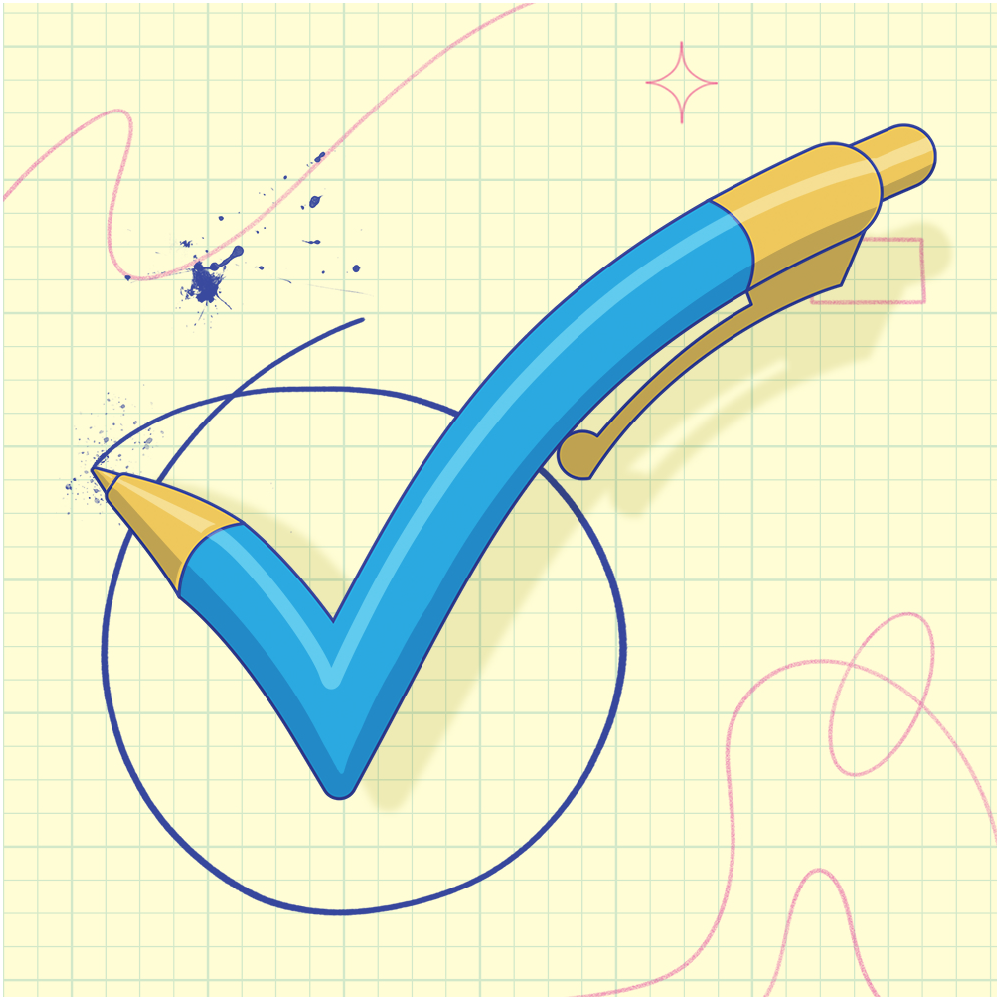Writing is a skill that translates into a wide range of industries. From navigating the job application process to engaging in your daily career functions, these simple tips can help prepare you for writing in the workforce.
No matter the field of study or career you plan to enter, writing matters.
From your resume, to college admissions applications, to the letters you’ll one day write to prospective employers, the ability to convey your thoughts clearly plays an important role in the workforce.
For some, writing comes naturally. For others, it’s not so simple. Whether you’re an avid writer or you just write out of bare necessity, here are some tips for guiding you through the process.
- Consider watching a TED talk or other mindset-boosting video before you start writing. This will help your creativity soar and set the stage for your confidence.
- Know your audience. What questions is your audience looking for you to address? What are their needs and perspectives? When you know your audience, you will be better equipped to communicate in a way that resonates with them.
- Know your topic. If you aren’t an expert in the subject you are writing about, do research and increase your familiarity so you can write with ease and accuracy.
- Create an environment conducive to deep thought. If you thrive in complete silence, set up your writing station in solitude. Alternatively, if ambient noise aids you to focus, consider playing some background music or finding a location with other people.
- Be concise. Everyone loves a thoughtfully crafted story, stimulating language, and carefully constructed paragraphs. However, too much detail can get your reader lost in the language. Make sure the content you’re trying to deliver is evident. AI paraphrasing tool can be useful for making content clear and concise.
- Be confident! Overthinking in writing can make your output appear clunky and careless. In an effort to accomplish perfectionism, your writing quality may actually decrease.
- Release your thoughts in the draft format before focusing on technicalities. Some of the best pieces start in outline form, in bulleted lists, or without clear construction. Letting your ideas move from your mind to a keyboard or piece of paper without constraint sets a platform for success.
- Once you have a working draft, start to weave your piece together with flowing transitions. Transitions are like puzzle pieces that help your reader move fluidly from one idea to the next and see the bigger picture in your story. Each paragraph should somehow relate to the one preceding it.
- Support your ideas with credible sources. Readers value statements supported by evidence. Online, you will discover a multitude of quotations from public figures, scientific studies, and findings from peer-reviewed journals—to name a few. Consider using Google Scholar for academic and technical reference. Ensure to cite your sources in the appropriate format. The OWL at Purdue University offers an automated citation tool in addition to resume, cover letter, and general writing tips.
- Embrace the power of captivating beginnings and culminating endings. Readers are more engaged when you catch them from the start. Whether you’re writing a technical piece, a feature story, or resume cover letter, starting with something that will stick with your audience and make them want to know more is the key to getting noticed. End on a strong note, with a conclusion that creates a sense of finality.
- Whenever possible, it is advisable to edit your writing after a few hours or days of creating it. If you’re working with a tight deadline, even a five-minute break in between creating and editing content will make your review more effective. Treat the editing process like an onion, peeling one layer at a time. First, evaluate grammar. Afterward, look at content and flow. Breaking the editing process into steps helps you focus on one element at a time and ultimately renders a better final product.
- Read your writing aloud. Reading your content aloud helps identify issues with flow, organization, and wordiness. If you find yourself pausing and rereading, rework your writing.
- If possible, ask a trusted mentor or subject matter expert to review your writing before submitting it to the intended recipient(s). A third-person perspective is often helpful in identifying gaps in content, grammatical errors, and other common writing mistakes.
- Do a final edit without revisions. Even after a single revision, you should start from top to bottom with another review. You’ve reached your final review when you no longer have any changes to make.
- Last but not least, have fun! Writing doesn’t always come effortlessly, but when you learn to relax and enjoy the process, it will show in your final product.
Kyla Presto works as an HR Executive Assistant for the Northeast Ohio Regional Sewer District in Cleveland, Ohio, and takes pride in supporting the organization’s clean water efforts. Kyla has over eight years of combined experience as a professional journalist and advertorial magazine writer, is an accomplished municipal grant writer, and has authored three books on Amazon.

























